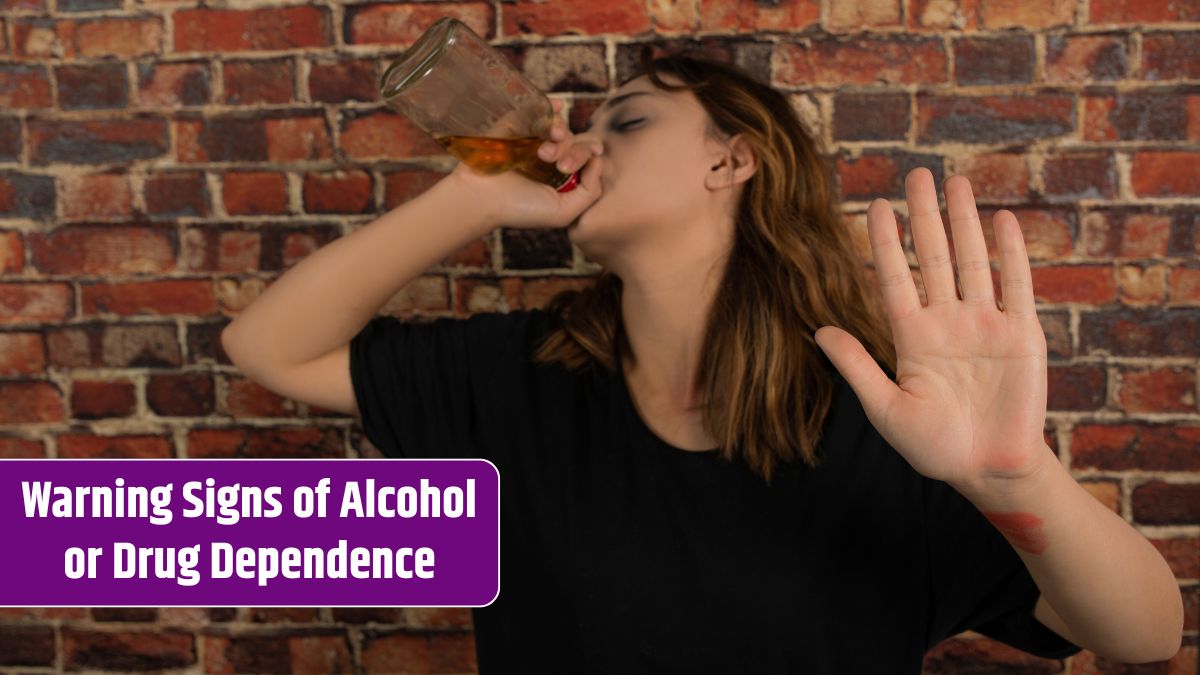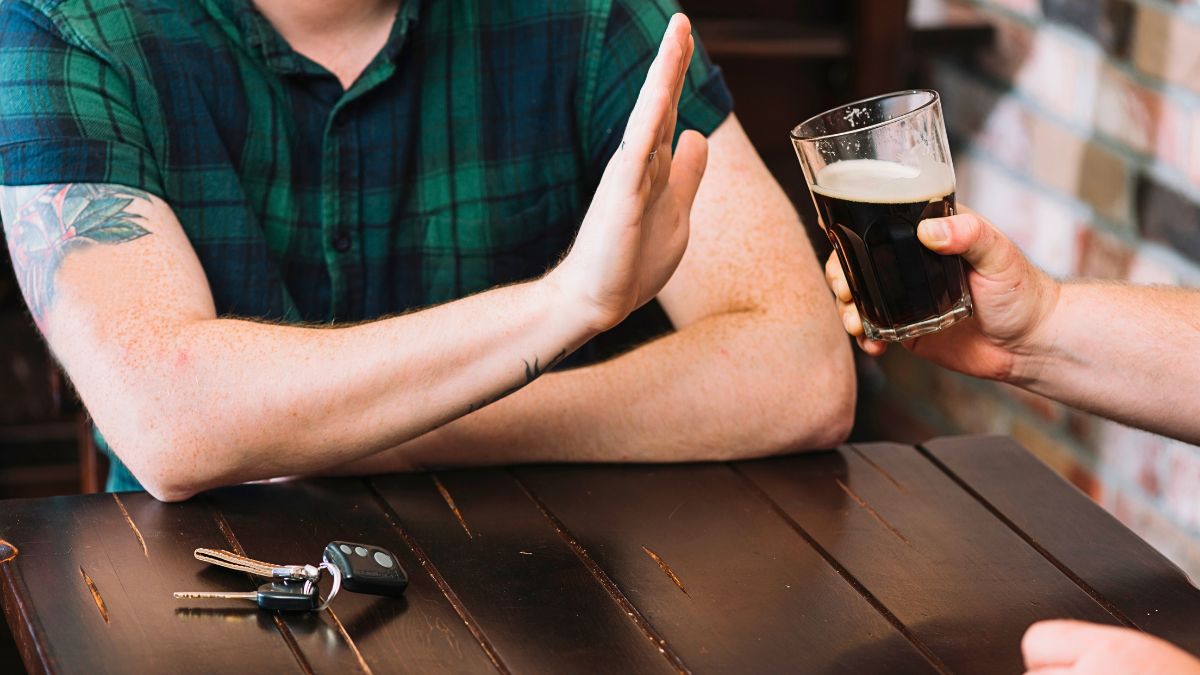Ever wondered if someone close to you—or even you yourself—might be slipping into alcohol or drug dependence? It can be tough to spot at first. The line between casual use and a dangerous habit often blurs slowly. That’s why knowing the early warning signs is so important. Let’s walk through the red flags that signal a bigger problem may be developing.
Behavior
One of the first things to change is behavior. People dependent on drugs or alcohol often act differently than they used to. Maybe they’ve become more secretive, irritable, or withdrawn. They might lie about where they’ve been or how much they’ve had.
You may also notice:
- Sudden mood swings
- Increased risk-taking
- Poor decision-making
- Neglecting responsibilities at work or home
What you’re seeing isn’t “bad behavior”—it’s their brain starting to prioritize the substance over everything else.
Physical
Then come the physical signs, which can be just as telling. These vary depending on the substance but often include:
- Bloodshot eyes or dilated pupils
- Sudden weight loss or gain
- Unusual body odors (from alcohol or smoke)
- Lack of coordination or slurred speech
- Constant fatigue or sleeping too much or too little
These aren’t random symptoms—they’re the body reacting to substance use or struggling with withdrawal.
Psychological
Addiction doesn’t just mess with the body. It hijacks the mind too. If someone you know seems depressed, anxious, paranoid, or overly angry without clear reasons, it could be tied to substance dependence.
Common psychological warning signs:
- Extreme mood changes
- Anxiety or panic attacks
- Lack of motivation
- Hallucinations (in severe cases)
The scary part? People often don’t notice their own symptoms. From the outside, it looks obvious. But from the inside, they may feel like they’re just “having a rough time.”
Tolerance
Let’s talk tolerance—a classic red flag. When someone needs more of a substance just to feel the same effect, that’s not casual use. That’s the body adjusting, which leads to a dangerous cycle.
Examples include:
| Sign of Tolerance | What It Could Mean |
|---|---|
| Needing more drinks | Alcohol tolerance building up |
| Using earlier in the day | Body craving the drug sooner |
| Stronger substances | Chasing a bigger high |
Tolerance is how dependence silently sets in before most people realize what’s happening.
Withdrawal
Next comes withdrawal—the body’s way of screaming when it doesn’t get what it’s grown used to. If someone experiences headaches, sweating, shaking, nausea, or irritability when they stop drinking or using, it’s a red flag.
More severe symptoms include:
- Insomnia
- Seizures
- Hallucinations
- Rapid heartbeat
Withdrawal symptoms mean the body is physically dependent. That’s not just habit—it’s addiction.
Social
Watch the social changes too. Isolation is common. People may start avoiding family gatherings, skipping work events, or ditching hobbies. Their friend group might change—often toward others who use like they do.
Signs include:
- Frequent conflicts with loved ones
- Legal or financial troubles
- Missing school or work
- Hanging out with new (and suspicious) crowds
When substance use starts replacing relationships and responsibilities, that’s a loud and clear warning bell.
Denial
Lastly, denial is a symptom in itself. Many people will flat-out deny there’s a problem—even when everything says otherwise.
You may hear:
- “I can quit anytime.”
- “It’s not that bad.”
- “Everyone does it.”
Sound familiar? The deeper someone is in denial, the more help they probably need.
Recognizing the signs of alcohol or drug dependence early can make a huge difference. It’s not about judgment—it’s about protection, support, and early intervention. Whether for yourself or someone you care about, awareness is the first step toward recovery.
FAQs
What are early signs of drug abuse?
Mood swings, secretive behavior, and lack of motivation.
Can you spot alcohol dependence early?
Yes, look for tolerance, withdrawal, and social changes.
Is denial a symptom of addiction?
Absolutely, many users refuse to admit the problem.
What does withdrawal feel like?
Symptoms include nausea, shaking, insomnia, and anxiety.
How does addiction affect mental health?
It can trigger anxiety, depression, and mood disorders.










